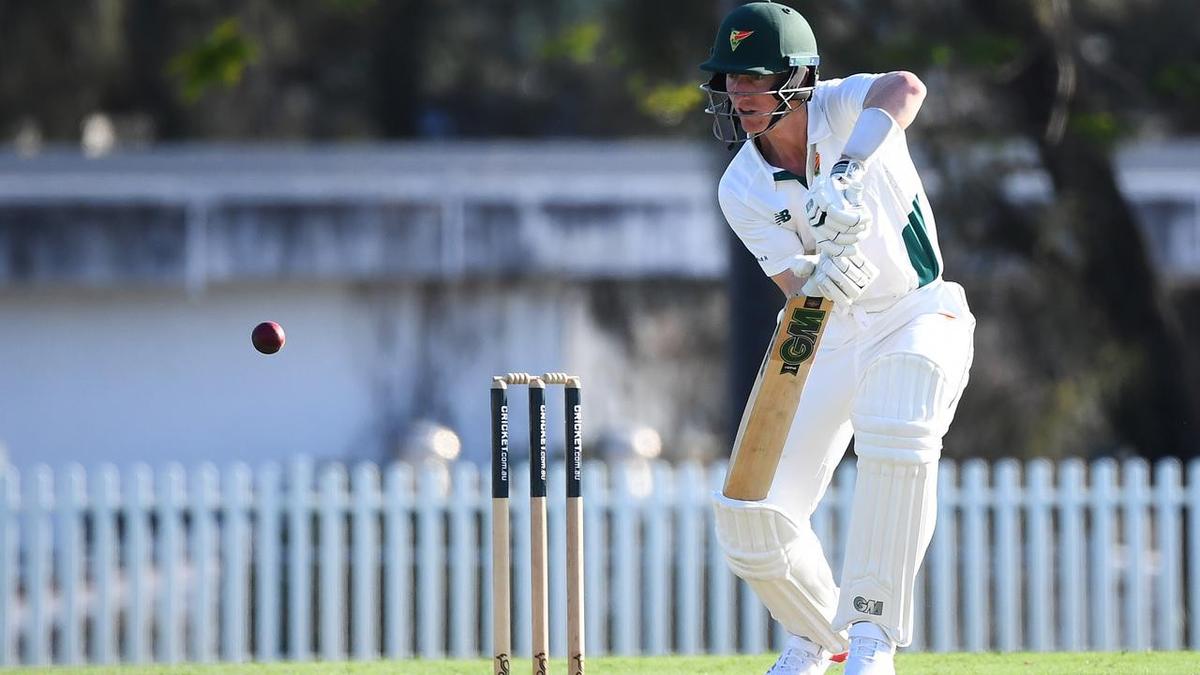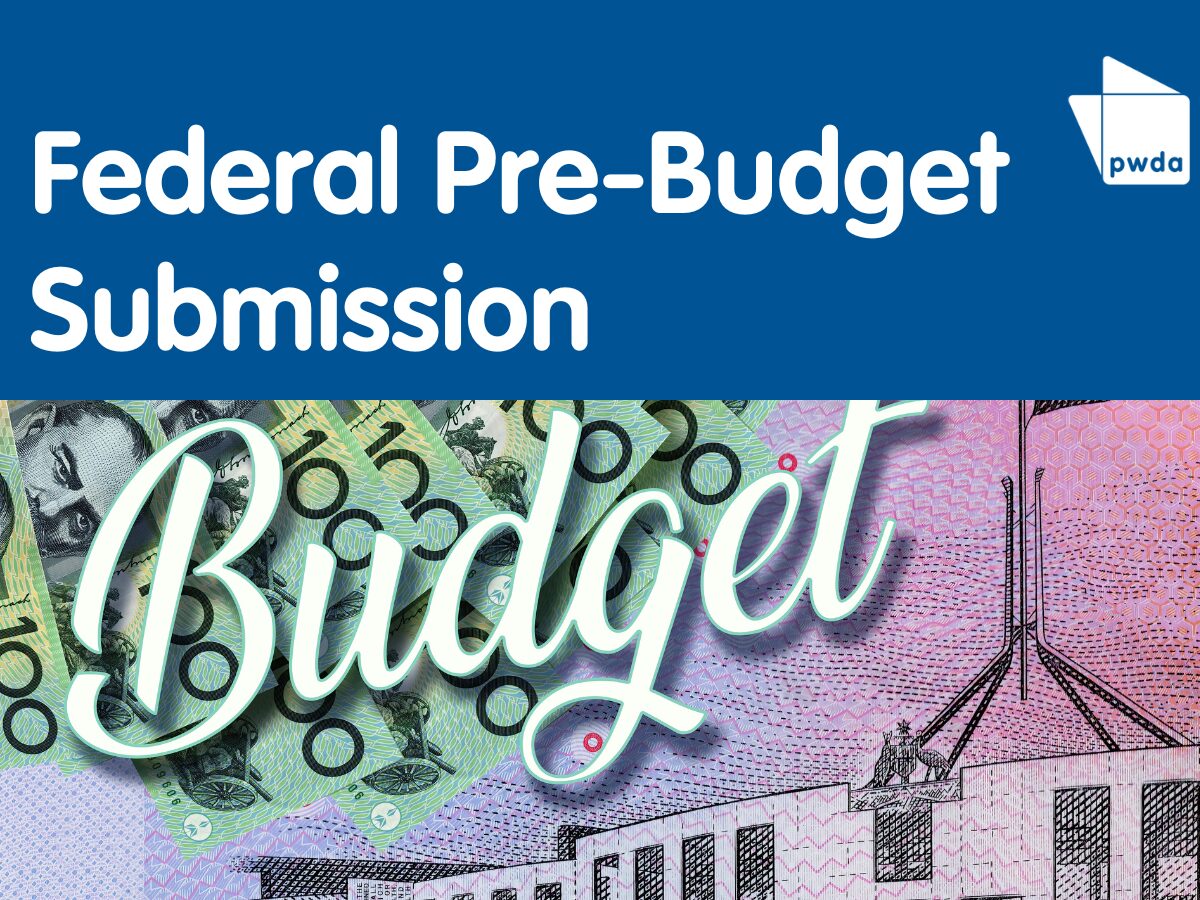
Queensland has officially become the first state in Australia to enact legislation that prohibits pill testing at music festivals and other events. This decision, made public on October 10, 2023, has sparked significant concern among health experts, who argue that the ban could lead to increased harm and potentially cost lives.
The Queensland government’s move comes amid a broader national discussion about drug use and harm reduction strategies. The legislation prohibits facilities from conducting pill testing, a practice that allows individuals to have their recreational drugs analyzed for harmful substances. Advocates of pill testing argue that this approach can significantly reduce the risks associated with drug use by providing users with information about the content and purity of their substances.
Health professionals, including those from the Drug Policy Modelling Program at the University of New South Wales, have raised alarms regarding the implications of this new law. They contend that banning pill testing removes a critical safety measure that could help prevent overdoses and other drug-related health emergencies. According to Dr. Alex Wodak, a prominent advocate for drug policy reform, “Without the ability to test pills, we are effectively leaving users in danger, and this could have dire consequences.”
Statistics from emergency departments during music festivals have shown a correlation between pill testing availability and reduced hospital admissions related to drug overdoses. In festivals where pill testing was implemented, the rate of admissions was reportedly cut by as much as 40%. This evidence underscores the argument that harm reduction strategies can lead to safer environments for attendees.
The Queensland government’s rationale for the ban focuses on the belief that pill testing may inadvertently encourage drug use. Officials have expressed concerns that providing testing services could send a message that drug use is acceptable, undermining efforts to combat substance abuse. In a statement, Health Minister Yvette D’Ath emphasized, “We are committed to protecting our community, and banning pill testing reflects our stance against illegal drugs.”
This stance, however, has drawn criticism from various public health organizations and experts who argue that the law could exacerbate the very issues it seeks to address. They advocate for a balanced approach that incorporates education, support, and harm reduction rather than punitive measures.
The debate over drug policy in Australia is not new. Many states have grappled with the complexities of substance use and the best means to ensure public safety while respecting individual rights. With this latest development, Queensland’s decision may set a precedent for other states considering similar legislation.
As the discussion unfolds, the potential impact of the ban will likely become clearer. Health experts continue to advocate for evidence-based policies that prioritize safety and harm reduction in the face of recreational drug use. The conflict between public health advocacy and legislative action reflects ongoing tensions surrounding drug policy in Australia, raising important questions about the best path forward in an evolving landscape of substance use.
In the coming months, it will be essential to monitor the consequences of this legislation and to evaluate its effects on health outcomes in Queensland. As the state navigates this new legal terrain, the dialogue surrounding drug use, public safety, and harm reduction is expected to continue, highlighting the need for comprehensive approaches to substance use in society.






